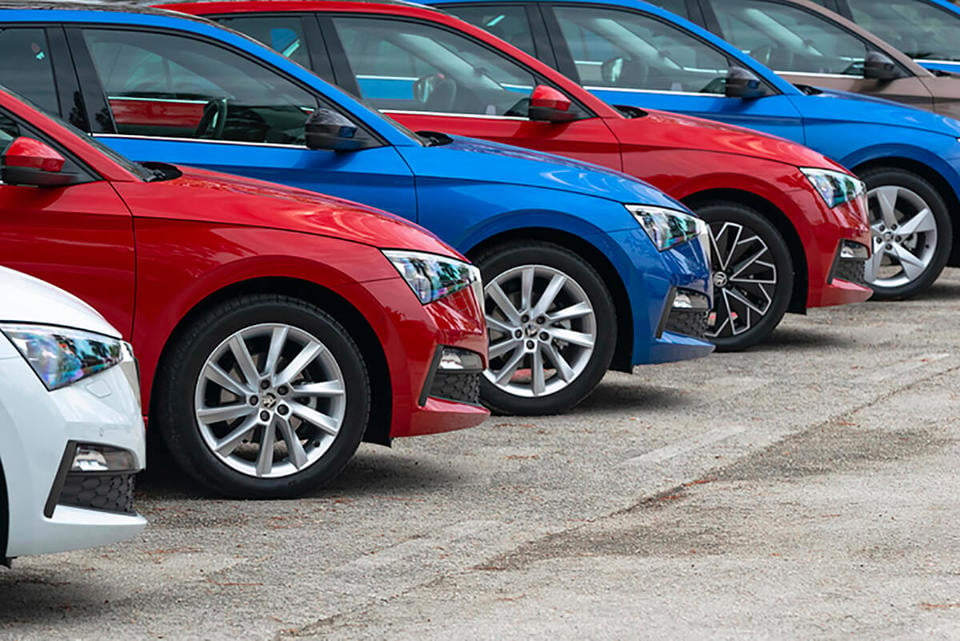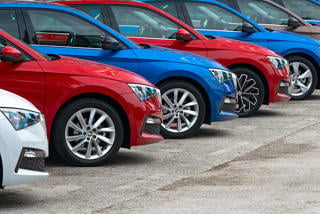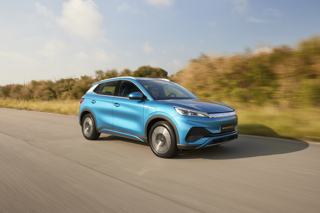The vast majority of fleets have been unaffected by the semiconductor shortage, with just 32% struggling to acquire new cars and vans, new research suggests.
However, that is an increase on the one-quarter (26%) of fleets which reported an impact last year, according to the Arval Mobility Observatory.
This year, some 17% said that they had found petrol and diesel cars and vans as well as electric vehicles (EVs) hard to source.
A further 8% reported an impact on EVs only, while 7% said just the supply of petrol and diesel vehicles were impacted.
In an effort to mitigate long lead times by those impacted fleets, the survey of fleet decision-makers revealed that three out of four fleets (74%) extended the replacement cycle of vehicles.
It also revealed that a quarter (25%) of respondents have been acquiring used vehicles rather than new, while one-in-five (21%) have added a wider range of manufacturers to choice lists and 11% are turning to other forms of mobility.
Encouragingly, more than half (51%) said that they were speeding up the implementation of EVs on their fleet in response.
Shaun Sadlier, head of the Arval Mobility Observatory in the UK, warned that extending replacement cycles may have a knock-on effect in ensuring cars and vans are kept in a safe and efficient condition.
“Older vehicles are unavoidably more prone to breakdown and need more attention in order to remain roadworthy, something that places demands on fleet managers and providers of service, maintenance and repair,” he said.
“Buying or leasing of used vehicles as a substitute for new is also a popular solution, as is extending choice lists in order to include manufacturers who can offer better supply.”
He continued: “It is not an exaggeration to say that the whole management of vehicle choice, acquisition and maintenance has been affected by these shortages, and fleets and their suppliers have had to do much to find new ways of both running existing vehicles for longer and identifying other means of supply. It’s brought about fundamental change.”
To discover more about the Arval Mobility Observatory and the 2023 Barometer findings, click here.
























Login to comment
Comments
No comments have been made yet.